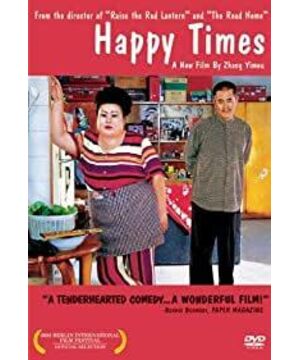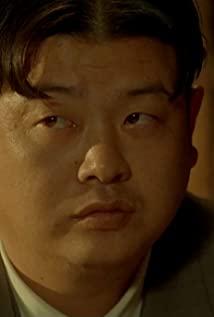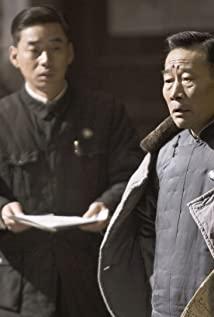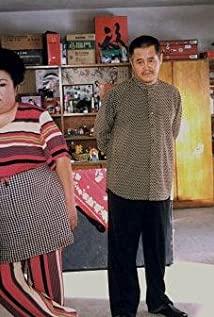Watching this movie, the first five-sixths were fine, but suddenly a big truck came over and I couldn't sit still: it's over.
Feng Xiaogang will not be able to follow this kind of screenwriting problem, but Zhang Yimou has committed it.
The ending was so hurried, as if the director was leading the way and something suddenly happened at home. The result is that the ending of the work is not reasonable enough, the integrity of the work has not been formed, and it has become an eternal regret for all the audience, and even the collective of the director, and can never be made up for it.
To be honest, I watched it with relish before I saw the accident. I haven't seen a film like this for a long time. Although the layout is not big and it doesn't take into account the larger social concerns, it is detailed and fine-textured, which can also be called serious and meticulous; - Strive to be unpretentious and very life-like. Zhang Yimou likes to drink the style that is good at recording, such as "No One Can Be Missed", which is really touching. This is what Feng Xiaogang failed to do.
Lao Mouzi's other modern urban life film "Have Something to Say", although it pursues experimentation on the camera, is still classified as "Happy Times" because of its narrative strategy and performance style.
Compared with Feng Xiaogang's "Party A and Party B" and "Endless", these two films do not have much advantages. In comparison, in terms of themes, Feng Xiaogang wanted to do some light-hearted and entertaining plays; Zhang Yimou wanted to dig deeper, but unfortunately the results were not satisfactory. He only expressed the concerns of a certain link or part of modern ethics and morality. think. But he ignored the thinking ability of the masses and lacked creative viewpoints and concepts. Everyone probably felt his struggle.
Feng Xiaogang is relatively more at ease, and he will not be so stubborn in expressing or promoting his not-so-smart opinions on one kind of things. Of course, "Mobile Phone" and "A Sigh" actively discussed and speculated on the new problems encountered in the process of social change and development, but the results were not as obvious as other works. But these two works are no worse than Zhang Yimou's two.
Among the films that reflect real problems, Yang Dechang's film is a good example. His well-structured, compact story reflects the depth of his knowledge.
Then let's talk about the director's spiritual world reflected in the film. Making such a film shows director Zhang Yimou's attention and serious attitude towards ethical and moral issues. This is of course an indispensable quality for a good artist, but how to perform it is also very important.
Movies showing a theme of moral torture, Korean movies like to use the guilt of the protagonist to achieve personal redemption, such as "Mints" and "Girls of Aid Dating", which are full of power to the point of intense cruelty.
This is certainly not to say that this method is the only one, but there is no denying its shocking energy.
So how should "Happy Times" end?
I can't answer it for a while. Answering this kind of question requires "wisdom".
Can't solve it is also the answer, tragedy can't be hastily
View more about Happy Times reviews











